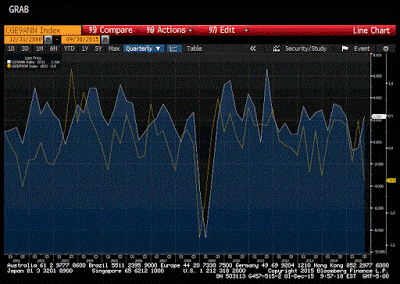OECD Tells Canada to Cool Off Housing Markets
The Organization for Economic Cooperation and Development (OECD) fears that Canadian home sales may be ramping up to a bubble. According to the OECD, the Canadian government needs to cool off the overheating housing markets in Toronto and Vancouver.
Otherwise, external economic hardships coupled with favorable buying conditions could cause real estate prices to increase disproportionately, create a bubble, and then devastate the Canadian economy when it bursts.




